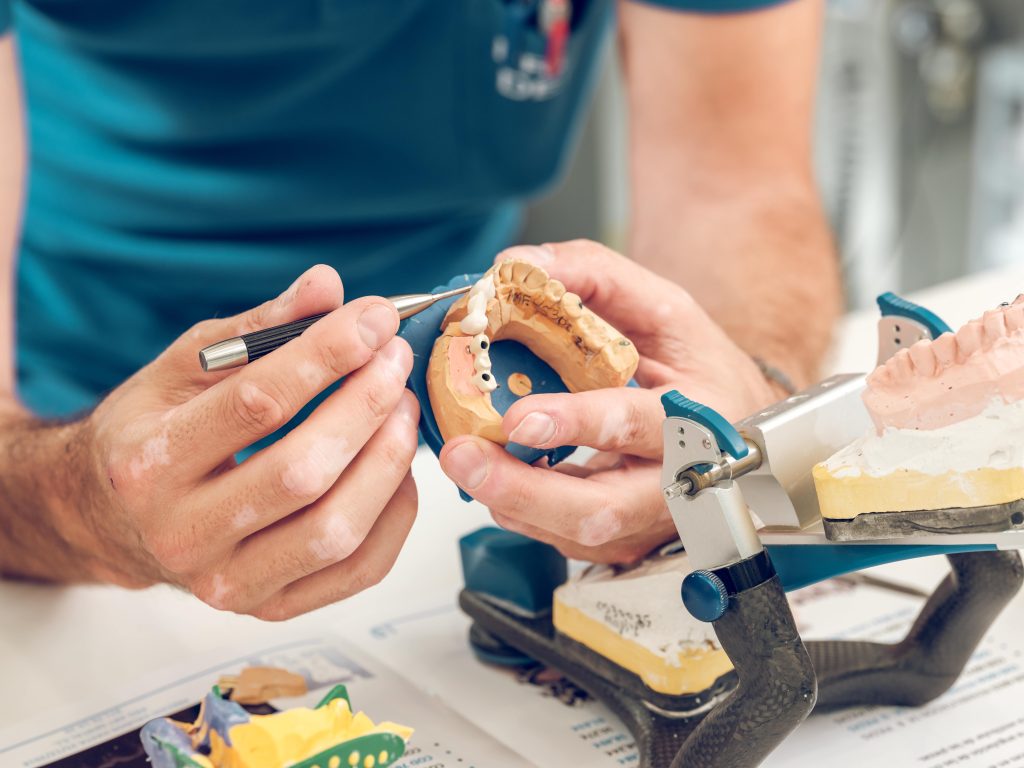Home - All on 4 Dental Implants - Types of Dental Implants: Which One is Right for You?
What Types Of Dental Implants Are There?
Dental implants are a permanent solution for replacing missing or damaged teeth. Many people are unaware of the different types of dental implants available and the associated benefits. In this blog post, we will explore the different types of dental implants, the procedure for each, the cost considerations, and tips for aftercare.What are Dental Implants and What Types Are Available?
Dental implants are a type of prosthetic device that is usually made of titanium and is surgically implanted into the jawbone. The implant functions as an artificial tooth root and provides a strong foundation for a replacement tooth. The implant acts as an anchor for replacement teeth, such as a bridge, denture, or crown. There are several types of dental implants available, such as endosteal implants, subperiosteal implants, and zygomatic implants. Endosteal implants are the most common type of implant and are surgically placed into the jawbone. Once the implant is in place, the jawbone is allowed to heal and grow around the implant, creating a strong foundation for the replacement tooth. Subperiosteal implants are placed on top of the jawbone, rather than being inserted into the jawbone. These implants are typically used for patients who do not have sufficient jawbone density for endosteal implants. Zygomatic implants are a type of implant that is placed directly into the cheekbone. These implants are usually used for patients who have severe jawbone loss and are not suitable candidates for endosteal or subperiosteal implants.Exploring the Different Types of Dental Implants and Their Benefits
The main benefit of dental implants is that they provide a permanent solution for replacing missing or damaged teeth. Implants are designed to look, feel, and function like natural teeth and can last a lifetime with proper care and maintenance. Additionally, implants can help to prevent further bone loss in the jaw. The type of implant a patient chooses will depend on their individual needs and preferences. Endosteal implants are the most common type of implant and provide a strong foundation for replacement teeth. Subperiosteal implants can be used for patients with insufficient jawbone density for endosteal implants, and zygomatic implants can be used for patients with severe jawbone loss.
